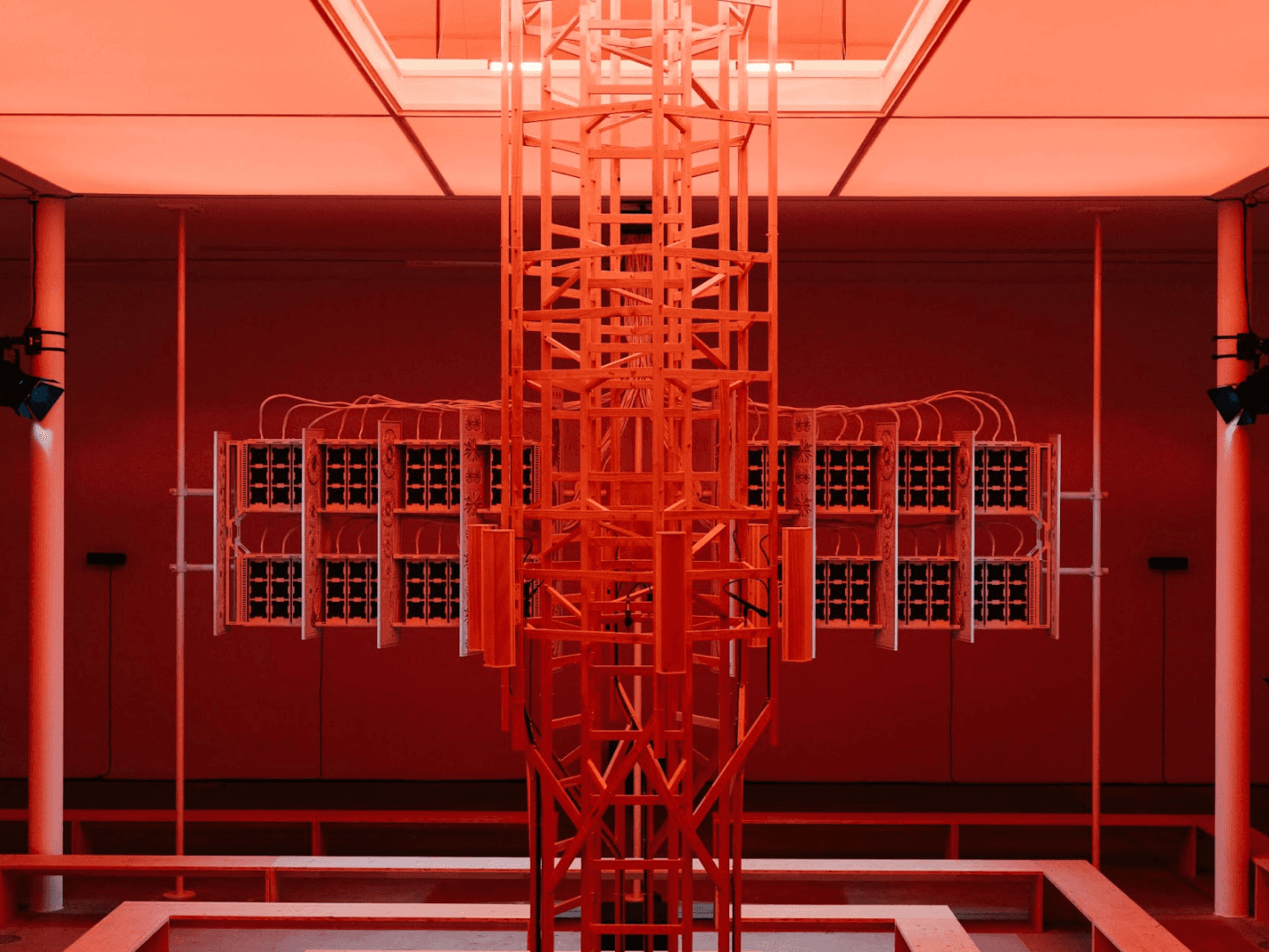A look into MACBA
What happens when art reshapes space itself? Step into Poetic Intention at MACBA with Alisa Yurga & Viktor Nikishov.
Jul 23, 2025
Visiting the Museu d’Art Contemporani de Barcelona (MACBA) felt less like a museum trip and more like stepping into an ongoing conversation — sometimes poetic, sometimes uncomfortable, but always alive. One of the most memorable exhibitions was Poetic Intention, which questions what happens when you break the traditional museum setting. The show invites you to see art not as something static behind glass, but as something active, full of desire and critical energy. I especially loved how Luz Broto’s extended columns physically reshaped the space, forcing you to move differently — even blocking off the original entrance.

Other installations made you part of the work itself, like those by Mireia Sallars and Eva Fabregas, which asked you to literally step into their imagined worlds. Oriol Vilapuig’s Otranto Fanfarria was a standout — a wild, grotesque parade of 59 characters that felt like a chaotic dream or a political cartoon from another dimension, complete with sound design that deepened the drama.

Ramon Guillen-Balmes’ Arqueologia d’artista took a quieter route but left a strong impression: small, organic shapes made from felt and wood, like relics dug up from the unconscious.

Carlos Motta’s Pleas of Resistance also stayed with me. His deeply personal and political work spans decades, blending self-portraits, video, and installations that explore queerness, care, identity, and disobedience — all while pushing back against the systems that try to define and confine us. The show is unapologetically bold, tender, and radical in how it reclaims space for queer lives and histories.

Another powerful piece was Tunnel Boring Machine by Solar Abboud — strange, almost alien sculptures that looked like something between ancient creatures and industrial parts. They seemed to exist outside of time, halfway between mythology and biology, beautifully weird and deeply physical.

There was also a thoughtful reflection on the museum itself — how it's both a product of modernity and a space still trying to move past its colonial roots. Some of the works here reimagine subjectivity entirely: bodies that don't follow traditional logic, inner voices made visible, and alternative futures hinted at in fragments.

And then there’s Rosemarie Trockel — whose sharp, ironic works play with your expectations and make you second-guess everything from everyday objects to cultural symbols. Her art is both playful and unsettling, reminding you that meaning is never as stable as we think.






















